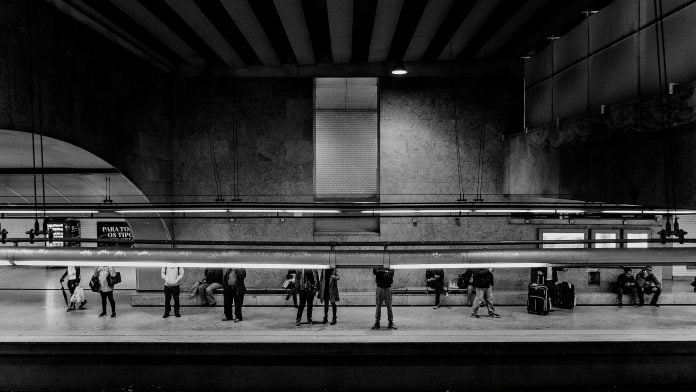The Lisbon city council approved on Thursday unanimously a free public transportation measure in the Portuguese capital for young and elderly residents. The measure is set to begin in June or July for those over 65 years old and in September for students up to the age of 23.
The Mayor of Lisbon Carlos Moedas from the Social Democratic Party (PSD) has said this is a “historic day”, stating that only two or three other European cities have approved such an initiative to fight climate change.
Moedas also emphasized how this measure has passed with his party’s majority in the city council, showing the “ability of doing politics with everyone”. He believes “this is the most important measure” of his mandate that will “stay in the history of the city”.
The mayor believes the measure will have a direct impact on climate change and that it is also socially relevant due to the increase in prices, the war in Ukraine, and the last two years of crisis due to the covid-19 pandemic.
Os lisboetas vão ter transportes públicos gratuitos.
Foi aprovada, em reunião de câmara, a proposta que dará transportes públicos gratuitos aos estudantes residentes até aos 23 anos e aos residentes com mais de 65 anos.
Prometemos e cumprimos. Esta é uma vitória dos lisboetas. pic.twitter.com/jqUTiVgVwf— Carlos Moedas (@Moedas) April 21, 2022
Tweet translation: People from Lisbon will have free public transport services. The proposal to provide free public transport to student residents up to 23 years old and residents over 65 years old has been approved. We promise and we fulfill. This is a victory for all of us.
Since 2017, children up to 12 years old can already enjoy free public transport in the Metropolitano and Carris networks. Moedas said that in the future, the free public transport measure might be provided to other groups, such as students with a fiscal residence in the city, the unemployed, benefactors of the Social Integration Income (RSI), and people with disabilities.
The measure will cost around €6,266,000 in 2022, and for 2023, 2024, and 2025, should cost around €14,900,000 a year.


